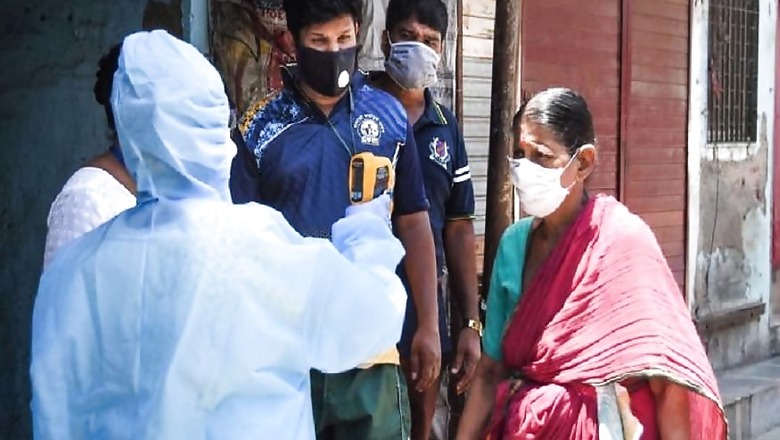
views
The Tamil Nadu government has been advised on scaling down lockdown relaxations and preventing the further spread of coronavirus, a member of an expert committee said here on Monday following a consultative meeting with Chief Minister K Palaniswami.
Amid continuing surge in the number of fresh coronavirus cases in the State, Dr P Kuganantham, a senior epidemiologist and member of the 19-member expert committee on COVID-19 set up by the government, said: "We have given advice (to the government) on cutting down relaxations and (further) prevent the spread of virus and the government will take a decision."
The panel had about an hour and a half discussion with Palaniswami, Deputy Chief Minister O Panneerselvam, Health Minister C Vijayabaskar and other top state officials.
This is the fifth meeting of the expert committee with the government and several experts including Dr Soumya Swaminathan, chief scientist with WHO and Dr Prabhdeep Kaur, public health expert with Indian Council for Medical Research- National Institute of Epidemiology here took part in the meeting through a virtual link.
On Sunday, Tamil Nadu registered 1,974 new coronavirus cases pushing the overall tally to 44,661 and 38 people died of the virus, raising the fatality count to 435 in the state.
Dr V Ramasubramanian, a member of the expert committee, said the rise in the number of cases was on expected lines.
Though there was 'psychological stress' and several people feared the pandemic, they did not take adequate precautions and it was a dichotomy, he said.
The member, an infectious diseases specialist, said following the panel's suggestions mobile hospitals have been deployed by the government and people with apprehensions may avail counselling from such facilities, he said.
Even symptoms like fever, headache, body or throat pain, for a day or two could be an indicator to coronavirus and minor symptoms even for a brief spell should not be ignored and such people need isolation for a week at the least.
Pointing out that there was an apprehension among some people that they will be immediately put in isolation in a hospital, he said it was unfounded.
"It has been suggested that symptomatic people with necessary means could isolate themselves at their homes."
People in isolation with other health issues could use pulse oximeter, a device to monitor oxygen levels in body and if oxygen saturation was found to be below 94 per cent, they should reach the hospital immediately.
"If they reach the hospital with respiratory distress, it may be too late and understanding that people should cooperate," he pointed out.
To a question, he said it will be sufficient if the present curbs were followed and added that the government will act on their recommendations on which area needs tightening of restrictions.












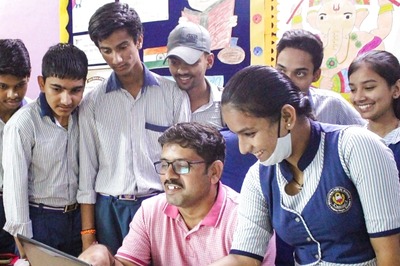

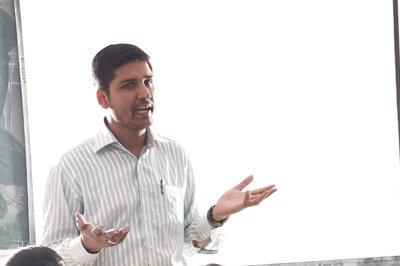
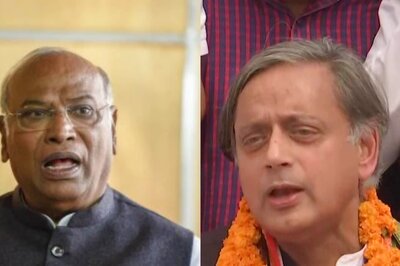


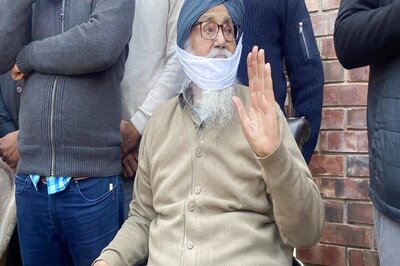

Comments
0 comment